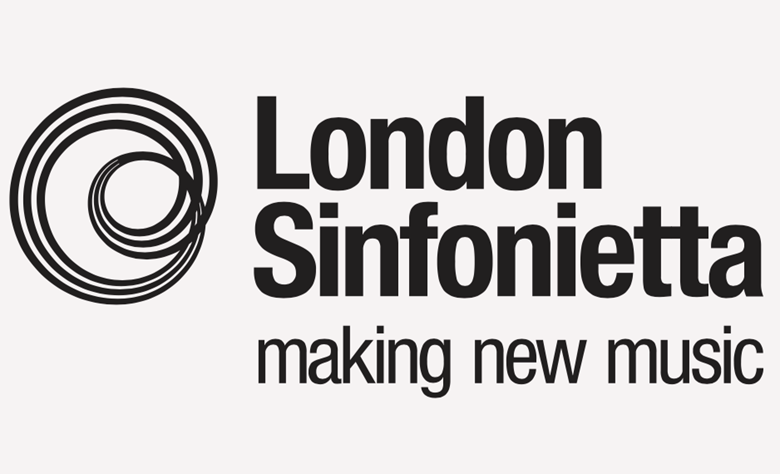London Sinfonietta speaks out about impact of grant cut
Martin Cullingford
Saturday, November 12, 2022
'There is no use in pretending otherwise - it leaves us in a very difficult position' says orchestra's CEO

The London Sinfonietta is the latest organisation to have spoken out about the devastating impact the cut in its Arts Council grant will have on its work. In statement yesterday, CEO Andrew Burke described the contemporary music ensemble - one of the highest profile of its type - as 'bemused and disappointed' by the 41 per cent cut to its annual grant receives. The organisation will now receive £300k a year, down from £508,757 in 2022/23.
'Our ACE grant has historically formed around 35 per cent of our turnover,' Burke pointed out, money which 'supports costs which we can't easily fundraise for elsewhere... There is no use in pretending otherwise - it leaves us in a very difficult position.'
Like many organisations who have received cuts - including English National Opera and Britten Sinfonia, which both lost the entirety of their annual support - London Sinfonietta highlights how much it achieves in developing its art form, and in meeting Arts Council expectations of reaching new audiences. 'In the past 3 years we have commissioned more than 50 pieces of new music (over 450 in our almost 55-year history), written by a group of composers ranging from those who already have an international reputation, to those still in the early years of their career,' Burke said. He also added that '50 per cent of the composers we have commissioned in the past year are women (in accordance with our commitment to the Key Change campaign), and 25 per cent are from the Global Majority – diverse – backgrounds.' In terms of audience expansion, the orchestra has reached 'over 10,000 young people in 193 schools and hospital settings across the country with our Composition Challenge project'.
Burke added that Arts Council England had told the London Sinfonietta that the decision was down to 'the larger forces of reallocating funding out of London, to other music genres and the necessary inclusion of diverse-led organisations. And, as a mid-scale organisation in London, we (and others) have then had to take deeper cuts.' You can read the full statement here.
Another contemporary organisation hit by the announcement was Psappha, a Manchester-based contemporary classical music ensemble which, in its 30 year history, has commissioned and premiered music by more than 500 composers. Its Patron is Mark-Anthony Turnage, who succeeded Peter Maxwell-Davies who had served as Patron for 20 years. Psappha's ‘Composing For…’ scheme, launched in 2014, has worked directly with more than 140 emerging composers on new compositions, the works being premiered on the ensemble’s YouTube channel. It has confirmed that its current season will continue as planned.
Earlier this week, Meurig Bowen, Chief Executive and Artistic Director of the Britten Sinfonia, responded to the total cut of Arts Council funding for the Cambridge-based ensemble. 'The truth is, we’re as mystified by this brutal decision as many of you, not least because we seem to already meet, in so many ways, ACE’s aspirations to bring high-quality music and art to under-represented regions – both in what we have been doing and in our plans moving forward. We’ve been vigorously waving the flag for the East of England for three decades.'
Other organisations heavily hit by the Arts Council announcement included the Royal Opera House, Welsh National Opera (which receives funding for its touring work in England), and Glyndebourne (which receives money for its touring work). The decisions are part of an increased redistribution of government money away from London and towards other parts of the country. Overall, the Arts Council said there was a 95 per cent increase in money going to the 78 towns and cities designated Levelling Up for Culture Places.
Meanwhile, a petition launched by Sir Bryn Terfel on behalf of ENO, calling on its funding to be reinstated, now stands at 36k signatures.









